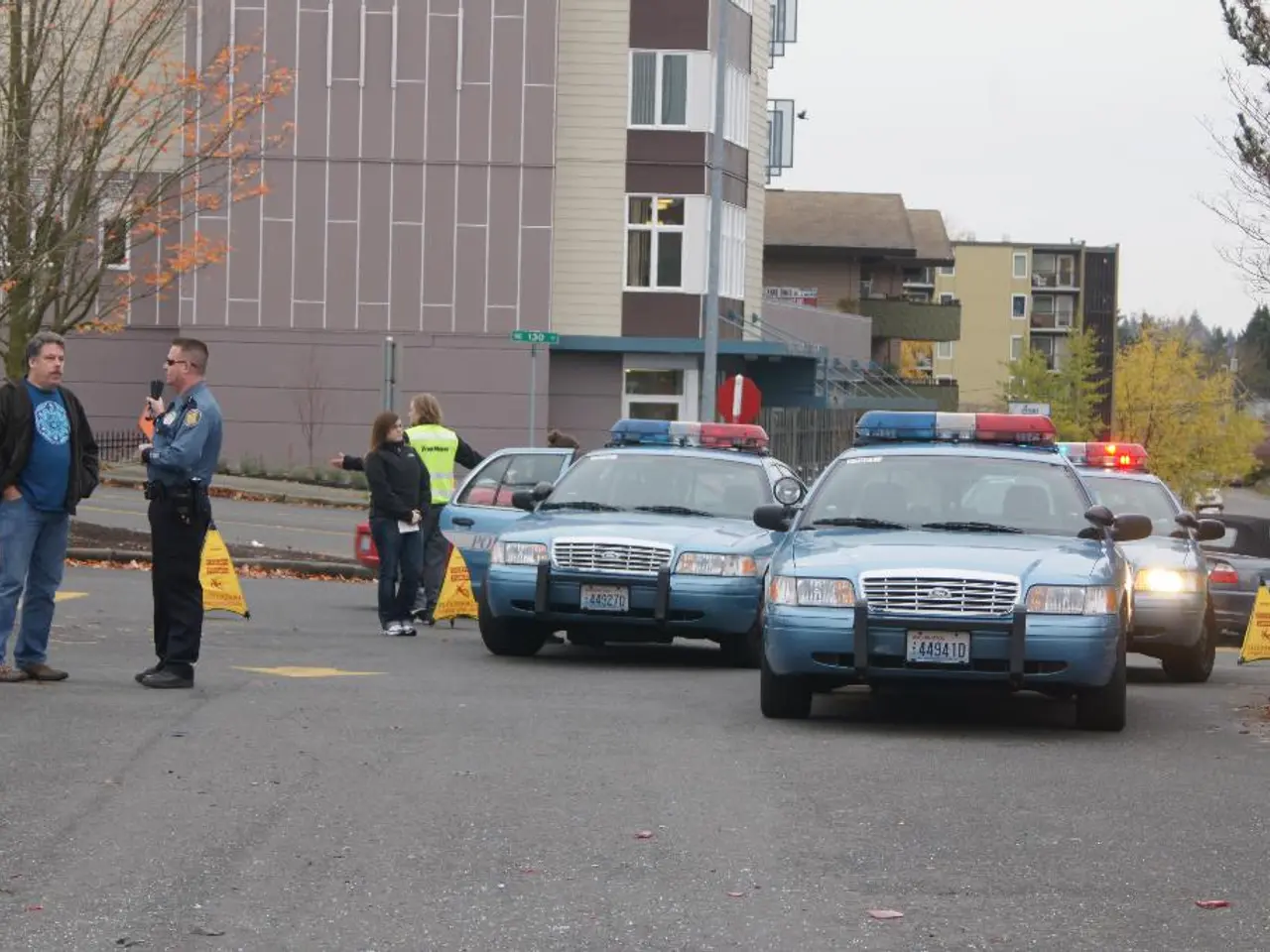Economic outlook appears to exhibit a slight uptick
In the heart of southwest Germany, the economy of Baden-Württemberg, one of the country's strongest economic regions, is displaying signs of stabilization, according to a recent survey by the Baden-Württemberg Chamber of Industry and Commerce (BWIHK).
The survey, conducted from April 22 to May 13, involved 3,676 companies of all sizes and sectors. BWIHK President Jan Stefan Roell reported that the economy shows a slight improvement, but optimism remains elusive.
The construction, retail, and hospitality sectors are particularly affected, while financial and consulting services are seen as a bright spot. Only 26% of companies currently rate their situation as good, a decrease of two percentage points compared to the previous survey. Conversely, 22% of companies still rate their situation as poor.
The current business situation remains tense, with 18% of the companies surveyed expecting better business in the next 12 months, a slight increase from the start of the year. However, only 22% of companies plan to increase investments in the next 12 months, with around one third wanting to reduce investments.
Roell emphasized the need for reliable and competitive framework conditions to boost the economy. He highlighted less regulation, faster approval procedures, affordable energy, and clear political commitment to the industrial location Germany as key factors for companies to invest.
In the construction industry, expectations for the future have improved more than in other sectors. This improvement, however, is still significantly worse than the expectations in the entire economy in Baden-Württemberg.
Weak domestic demand, rising labor costs, and geopolitical tensions are the greatest business risks, as seen by the surveyed companies. The automotive sector, a major pillar of Baden-Württemberg's economy, is under immense strain, with Volkswagen reporting a 36.3% drop in second-quarter profits in 2025.
Despite the challenges, Baden-Württemberg leverages its strong industrial base and innovation hubs with extensive research institutions to pursue future-oriented growth in cross-sectional technologies like AI, quantum tech, and GreenTech. The regional economy is interconnected with global markets, providing a foundation for recovery once external headwinds ease.
Decisive action by politics is necessary, according to Roell, for tangible improvements in the economy. Access to the article does not require a Staatsanzeiger subscription.
[1] Baden-Württemberg Economic Overview (2024). (n.d.). Retrieved from https://www.baden-wuerttemberg.de/wirtschaft/wirtschaft-in-zahlen/ [2] Innovation Hubs in Baden-Württemberg. (2022). Retrieved from https://www.baden-wuerttemberg.de/innovation/innovationsstandorte/ [3] Volkswagen Profit Drops 36.3% in Q2 2025. (2025). Retrieved from https://www.reuters.com/business/autos-and-transportation/volkswagen-profit-drops-36-3-q2-2025-2025-07-29/ [4] Demographic Challenges in Germany. (2023). Retrieved from https://www.dw.com/en/demographic-challenges-in-germany/a-58539436 [5] Job Losses in Germany's Industrial Sector. (2023). Retrieved from https://www.reuters.com/business/germany-industrial-sector-loses-over-100000-jobs-2023-04-10/
The finance sector, being one of the bright spots, is crucial for the economic recovery of Baden-Württemberg as companies plan to make investments only in 22% of cases, with around one third wanting to reduce investments.
Despite weak domestic demand and rising labor costs, Baden-Württemberg seeks future-oriented growth in cross-sectional technologies like AI, quantum tech, and GreenTech, positioning its finance and consulting services as key contributors to this growth.




